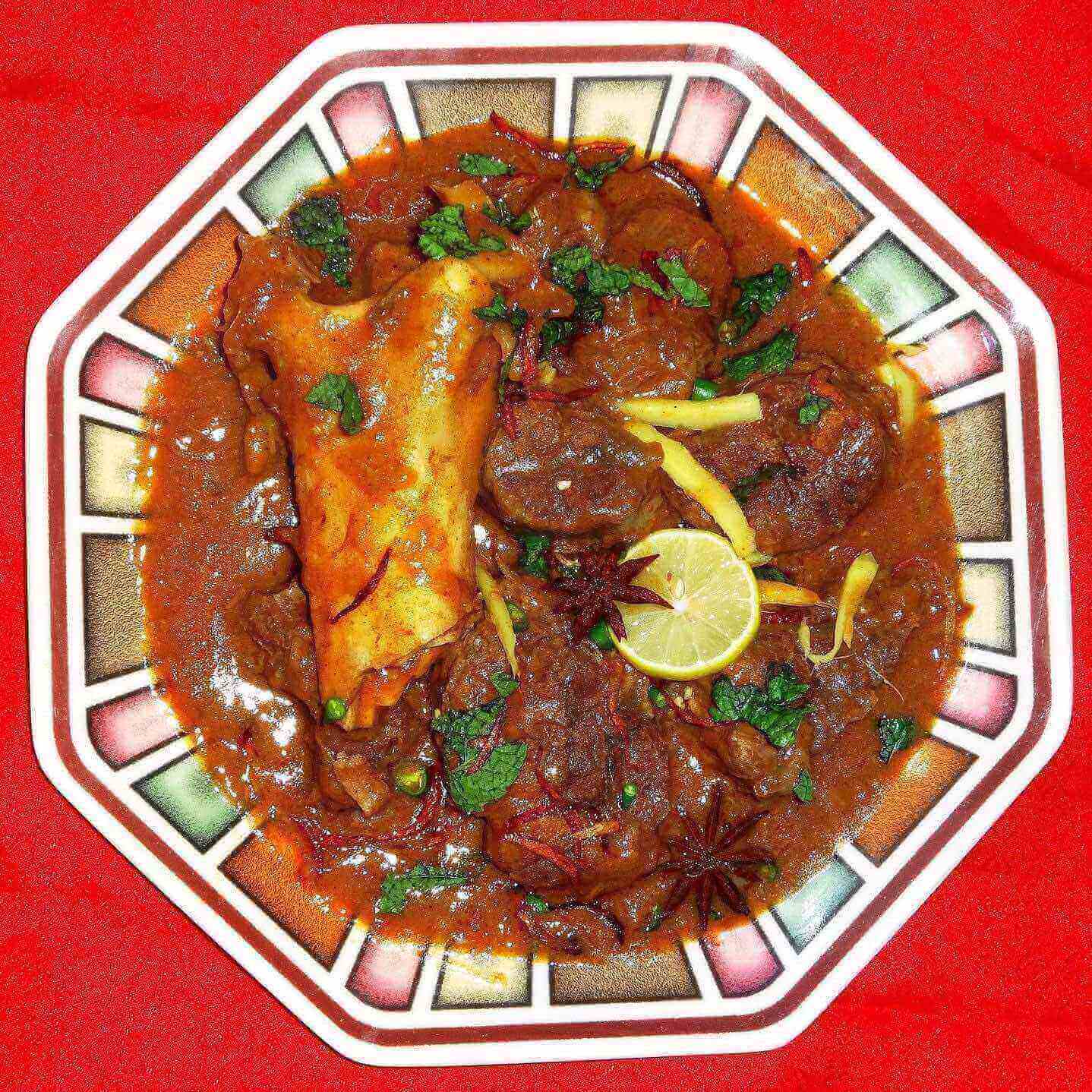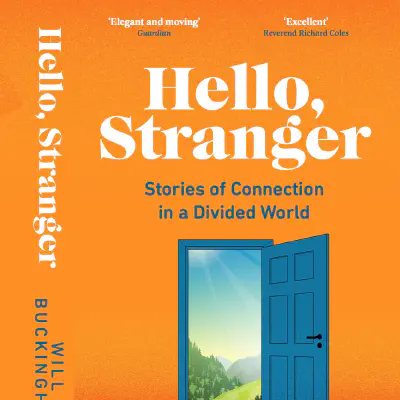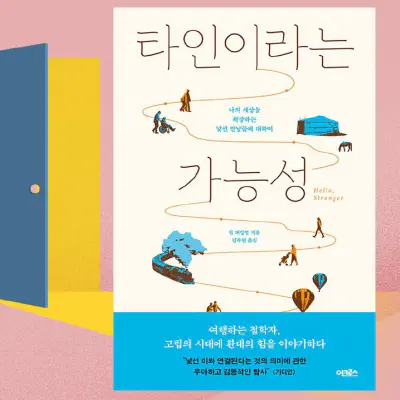This piece was first published in Heated magazine.
Yusra Rafeeqi stood with her father at the intersection of El Camino Real and Embarcadero Road in Palo Alto, California. In was 4 o’clock on a Thursday afternoon in May 2017, four months since the inauguration of President Donald Trump. Yusra was a shy, quiet 15-year-old. She didn’t much like attention. But there she was, next to her father, holding up signs at the passing traffic. “Have Dinner With a Muslim Family!” one sign read. “Fight Islamophobia,” the other said. “Dine with my Muslim Family!”
Since Trump’s inauguration, life in the U.S. had become increasingly hard for Muslims. Hate crimes rose dramatically on the back of an election campaign that was openly Islamophobic. And the Rafeeqi family was getting worried. In public, Yusra’s mom wore a hijab and abaya, a long, loose-fitting robe. Over the past few months, her Islamic dress increasingly drew suspicion and hostility.
The problem was not just in the U.S: Over in the U.K., Yursa’s sister Samrah took her young child to a park in Cambridge where she was verbally abused by a gang of white men.
How do you deal with a problem like this? How do you fight back against the tides of misunderstanding and hatred? One evening, as the Rafeeqi family sat together eating dinner and talking about all this, Yusra had an idea. They would hold a campaign, something that crossed between public protest and the private sphere. It would be both out there and intimate. They would go to the busiest intersection in town, once a week, and invite strangers to dinner.
Traditions of hospitality run deep in Islam. According to the philosopher Al-Ghazālī, the Prophet was once asked rhetorically, “What is faith?” And he replied, “The giving of food and the exchange of greetings.” Sharing food, conversation, and experience builds bonds between us. As Mona Siddiqui, professor of Islamic and interreligious studies at the University of Edinburgh, wrote in her book Hospitality and Islam, “Without shared space, we cannot have shared experiences, and friendship needs both to grow.”
So Yusra and her father made some signs. Samrah volunteered to be campaign manager. Yusra’s brother was appointed official photographer. And they drove out to the intersection to hold up their signs for the rush-hour traffic. In the car, Yusra was nervous. They arrived, parked, got out of the car, and set up. Then they stood with their signs, waiting to see what happened next. Yusra found the embarrassment excruciating. Her brother took photographs. But then a car swished past, and the driver gave a thumbs up and sounded their horn in support. “After I got that first honk of appreciation and that thumbs up,” Yusra said, “I felt a lot less out of place.”
Every Thursday, Yusra and her dad went out to invite people to dinner. By the following year, they had already hosted more than 50 feasts in their home. Some of their guests approached them at the intersection. Occasionally curious, sometimes hostile, frequently puzzled, often cautious, they came up to talk. After conversations and the reassurance there were no ulterior motives, they exchanged contact details and set a time to eat. Others heard about the campaign online. They sent Yusra and her family emails, asking if they could come over. However they made the connection, for weeks and months, the Rafeeqis hosted armies of strangers, who showed up to share friendship, conversation, and good home-cooked Pakistani food.
Yusra’s mom, sometimes her aunt, cooked: fresh naan, fragrant spiced biryani, chicken tikka masala, slow-cooked beef nihari, and sweet kheer rice pudding, washed down with cups of masala tea. When the meals started, often the guests were awkward. They ate snacks and made small-talk. But usually, by the time they had started on the main course, everyone relaxed. The conversation turned to more substantial matters. Talk about anything, Yusra’s dad said. So they did: Islam, Christianity, politics, violence, terrorism, history, culture, what the Quran really said, what it was like growing up Muslim in America, favorite foods, popular culture, how it was possible to make a better world. By dessert, conversation drifted to other matters. Lighter and sweeter. No longer strangers, the Rafeeqi family and their guests cracked jokes and shared confidences.
And when the guests left at the end of the evening, it was with gratitude, expressions of kindness, counter-invitations, and promises to keep in touch.
I called up Yusra and her sister Samrah on Skype because I wanted to find out about their campaign. It seemed something extraordinary.
“Why now?” I asked them. “And why dinner?”
“Trump specifically targeted my group of people,” Yusra told me. “I was hurt by that. I wanted to let people know I was a part of their community, too. And I thought dinner would be the best time to do this….”
There is a risk to this crossing of public and private spheres. But if you want to change things, you have to start somewhere. So why not start at home? And yet, it seemed unfair that the Rafeeqis were the ones making the first move. After all, they were the ones who are under threat, the object of fear, hatred, and misunderstanding. I asked Yusrah and Samrah if this unfairness troubled them.
Samrah responded first: “If we want to do something, we have to do it ourselves and make sure we are being represented truthfully. We hate how people misconstrue us, but as much as it annoys us, our focus is on changing people’s misconceptions. As soon as you communicate, you see that change in people in front of you. You see that light.”
Yusra added, “When people are hostile, treating them with kindness helps them come to the realization that we are just humans. People come up to us super-defensive, but when we treat each other as neighbors, and as friends even, it helps them overcome this defensiveness.”
Samrah agreed. It is when we enter into this state of vulnerability, she said, that we can begin to change.
I thought back to Al-Ghazālī, to the idea of faith as exchanging greetings and giving food. “Is this Islamic hospitality?” I asked her. “Or is it something more broadly human?”
“Human nature is good,” Samrah said. “The point of religion is to nurture that goodness.”
I thanked the sisters, and we ended the call. Later that evening, I thought about my own home. I thought perhaps I should open my door to strangers, welcome more strangeness into my life: Because this sharing around a table, laden with fragrant, steaming pots of food, is one way that change happens.
Image: Beef Nihari, public domain via Wikimedia Commons.



